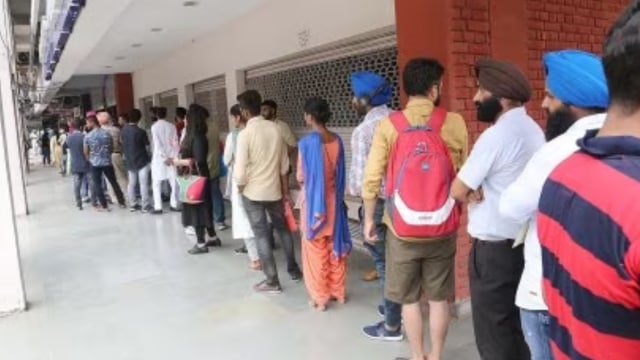
British Columbia and Ontario are set to address issues related to “bad actor” private colleges taking advantage of international students, following Ottawa’s decision to cap foreign study visas for two years.
B.C.’s Minister of Post-Secondary Education, Selina Robinson, revealed that new measures will be announced to enhance quality standards in international education. This move comes after concerns were raised about unethical practices affecting students. Meanwhile, Ontario is working on a plan to combat predatory recruitment, focusing on private colleges and scrutinizing recruitment practices. Both provinces aim to create a more accountable and higher-quality international education system.
Federal Immigration Minister Marc Miller’s announcement of a two-year cap on international study visas, reducing them by over a third, is part of an effort to control the system and alleviate pressure on housing and healthcare. However, concerns have been raised about potential financial risks for postsecondary schools, with repercussions such as layoffs and program closures. Provinces with large international student populations, like Ontario, will experience significant reductions.
Ontario’s Minister of Colleges and Universities, Jill Dunlop, emphasized the importance of international students while acknowledging that some exploiters make false promises, affecting students’ prospects of guaranteed
employment, residency, and Canadian citizenship. Ontario is crafting a plan to counteract “bad actors” in the postsecondary sector, primarily targeting private colleges. The province is also addressing recruitment practices and ensuring sufficient housing for international students.
Speaking on CBC’s Power & Politics, Miller highlighted British Columbia and Ontario as areas where private institutions are issuing what he termed “fake” degrees. He emphasized the need for provinces to play a crucial role
in maintaining the integrity of the education system. The federal government’s changes include ending postgraduation work permits for international students in public-private partnership model schools, a significant draw for attending private colleges. B.C. sees these changes as an opportunity to exercise more control over who enters the province, aligning with its labor-market needs.
Despite concerns about the impact on postsecondary institutions, particularly in provinces like Ontario, the changes are aimed at bringing more accountability and addressing the gaps in the system. The focus is on attracting international students who meet specific labor-market needs, contributing positively to the economy. The adjustments seek to create a balanced and sustainable international education system while holding accountable those who exploit it for their gain.
British Columbia’s Premier David Eby declared on Friday a proactive stance against digital distractions, announcing stringent measures to restrict mobile phone use and combat addictive content from social media platforms in public schools. As the province takes a bold step, critics argue it’s long overdue, while an online security expert praises the move to reduce cyberbullying and enhance the learning environment. Eby, acknowledging the challenges faced by today’s children, emphasizes the need to address risks associated with technology. The initiative comes as part of a broader strategy to create a safer and focused educational atmosphere, with school boards set to enforce cellphone policies by the upcoming school year. Schools will be empowered to tailor restrictions and accommodate special needs students using phones as learning aids.
